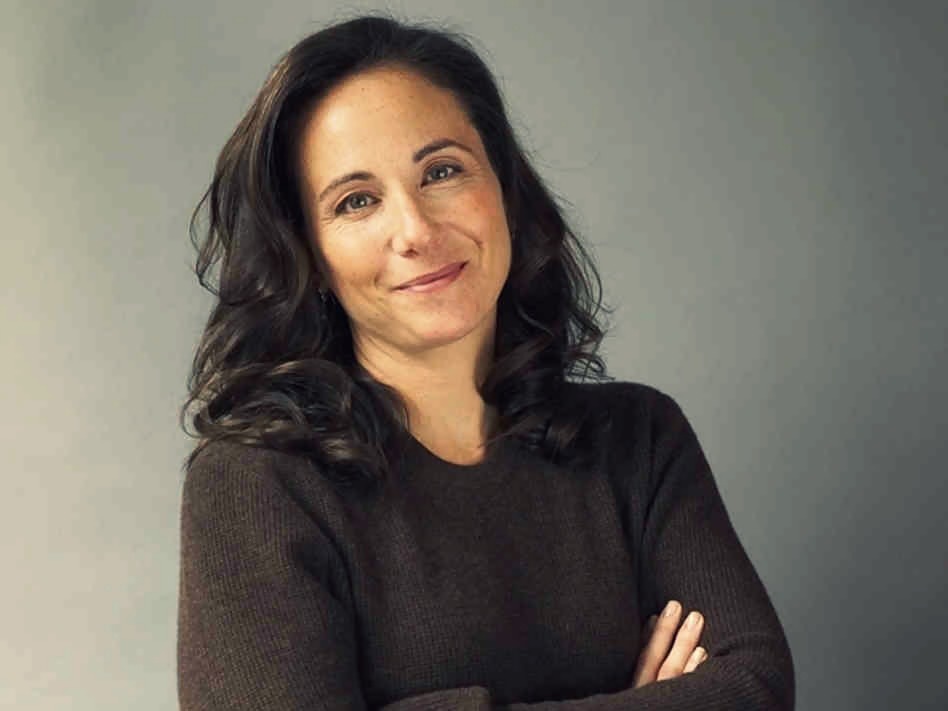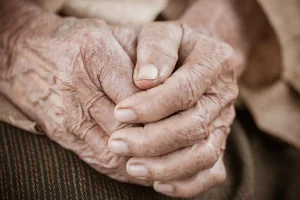 MOODY BITCHES, a groundbreaking book by psychiatrist Dr. Julie Holland that calls for society to reconsider how it views female “moodiness,” has whipped up controversy in its first weeks of release. Holland’s enthusiasm for the workings of women’s bodies — and her criticism of the birth control pill, antidepressants, and anti-anxiety drugs alike — has gone against the grain for both feminists and the medical establishment. As someone who has also explored the pitfalls of over-medication and the impact of suppressing female biology, I was keen to speak with Dr Holland and explore the roots of her provocative propositions.
MOODY BITCHES, a groundbreaking book by psychiatrist Dr. Julie Holland that calls for society to reconsider how it views female “moodiness,” has whipped up controversy in its first weeks of release. Holland’s enthusiasm for the workings of women’s bodies — and her criticism of the birth control pill, antidepressants, and anti-anxiety drugs alike — has gone against the grain for both feminists and the medical establishment. As someone who has also explored the pitfalls of over-medication and the impact of suppressing female biology, I was keen to speak with Dr Holland and explore the roots of her provocative propositions.
It’s great to see a mainstream book that talks about some of the problems with the Pill, and about the female reproductive cycle as something that doesn’t necessitate medication. I’m currently researching gender bias in science and how this impacts scientific inquiry into negative mood changes and oral contraceptives. What are your thoughts on gender bias in science?
Most research is done on male laboratory animals and male subjects. If you want to do a study on how the Pill affects women, the question is, who would pay for that study? The pharmaceutical companies are not going to pay for these studies. There’s no money in that for them. That’s a losing proposition. These studies are never going to happen. In general research is paid for by the government or a drug company and here there’s no reason for them to pony up the dough to do these studies. So there’s a lot of unanswered questions when it comes to this area.
In Moody Bitches, you describe how many of your own patients have experienced mood changes on the Pill, yet research seems to show that only a subset of women experience these changes. How many women do you think actually experience negative side-effects from the Pill?
It’s impossible to say how many women. The person who interviewed me last said “the Pill made me crazy.” I’ve heard that more times than I can count. It might be that the women who come to me who are depressed and not sleeping may be the exact people who have emotional side-effects from hormonal birth control. My assumption is that it’s a very high number. As cycling women we know that changes in our hormones affect our emotionality. We go through this every month. It’s a rare woman who will say there’s no link between emotions and hormones.
So, obviously, if you take exogenous hormones you are going to have some change in your emotionality. Or your emotional processing, or how you are feeling. Of course you would. There are plenty of women who ride out the first three months on a new Pill and then feel stabilized. Women who have terrible PMS — they will find the Pill to be stabilizing. But there are downsides to being on the Pill, especially long-term. Your testosterone levels get lower and lower every year. It saps your libido, and then once you’re off the Pill it doesn’t bounce back. That’s a big deal.
Your over-arching argument seems to be that women would be better off experiencing their natural cycles. Yet, you don’t strongly advocate that women refuse the Pill, even though women on the Pill will not be able to follow your protocol to that extent.
In my private practice, I say that if you’re looking for a husband and someone to have a family with, then you should come off the Pill for a few months, even though it’s inconvenient. You should come off the Pill if you’re trying to mate. The Pill affects who you choose to mate with, and that can have devastating consequences for your marriage and children. You want the best possible mate. You want your pheromone-processing system to be fully working if you want to choose a mate and it won’t be when you’re on the Pill.
I also think there are some women who have horrible endometrisos, or PCOS, or horrible ovarian cysts, and the Pill can be helpful for them.
In general, the over-arching message is that it’s easier to be natural, it’s better to be natural. The less plastic artifice you can have, the happier and healthier you can be. The further we get from nature and what’s natural for us, the sicker we will be. Psychiatrically — and physically — sicker. If you can be in your body and feel your feelings and be authentic, it’s easier, and there are a lot of benefits to that.
Have you faced criticism for being essentialist in this perspective?
I wrote a New York Times Op-Ed and the first line [read] “women are moody,” and everyone went crazy. I do understand that not all women are one way and all men are the other way. There are plenty of men who are emotionally expressive and sensitive and there are plenty of women who are separated from their emotions and aren’t empathetic or emotional. I know gender is fluid.
But if people think men and women are the same, that their bodies are the same, their hormones are the same, their brains are the same, then they’re uneducated and delusional.
Why do you think women can be so uncomfortable with discussing biological difference?
For hundreds of years there has been this oppression of the feminine in men. Big boys don’t cry. Don’t be a sissy. And so on. It’s accepted that the feminine, or yin, energy is undesirable in a man. It is being squashed out and repressed in men. But more recently it is being squashed down and rejected in women also. That’s really scary to me.
In the world today there is an imbalance of male energy, or yang energy. You can see it in rape and robberies and war and guns and missiles and corporate greed. There’s a lot of male aggressive energy. What the world needs more of is feminine, receptive, empathically-connected, sensitive, emotionally-expressive yin energy. The idea is that in America, they’re pathologizing the feminine. They’re treating emotionality as a symptom to be medicated away. That’s going to make the imbalance even worse and it’s going to get us all into trouble.
I had a patient who called me because she was crying at work and wanted to go up on her medication. She was crying because her boss was a complete dick and berated her in front of her staff and betrayed her. She’s crying because there was a tremendous injustice being done and she felt that. To medicate away that sensitivity and indignity just to keep her head down and keep going, that means [enabling] the bad behavior of her boss. That’s not okay. We need to feel our feelings so we can say, wait a minute, what you’re doing is wrong, I’m upset because something is wrong, something needs to change. You’re medicating away the discomfort and you’re masking a symptom. It’s not going to fix anything.
If you’re interested in finding out more about how prescription drugs might be messing with you, grab your own copy of Moody Bitches: The Truth About the Drugs You’re Taking, The Sleep You’re Missing, The Sex You’re Not Having, and What’s Really Making You Crazy.

















